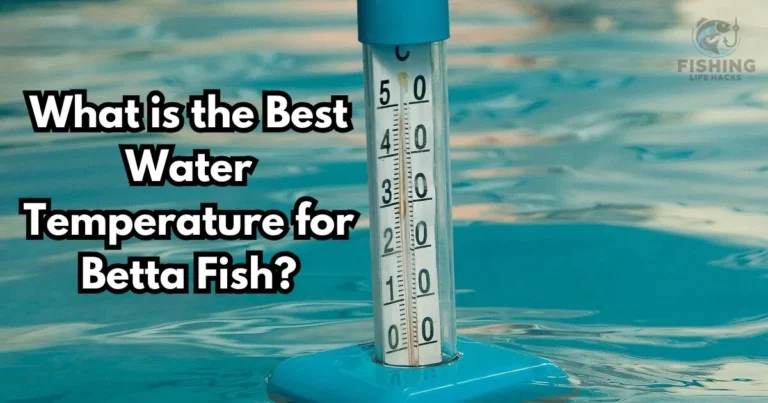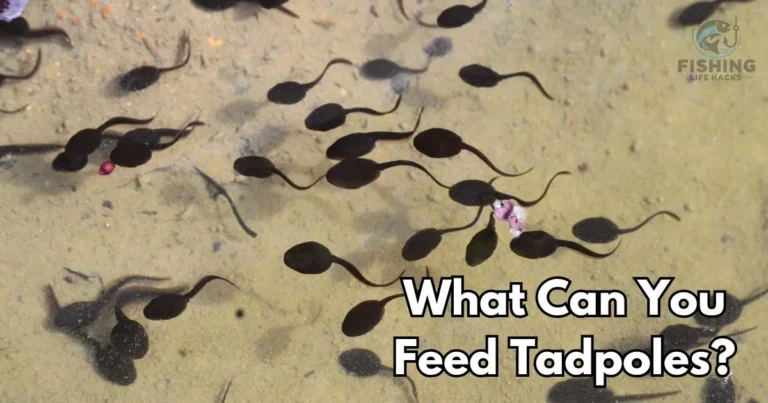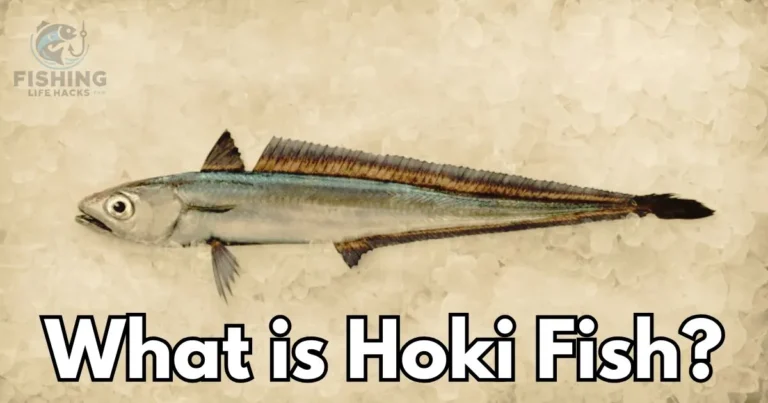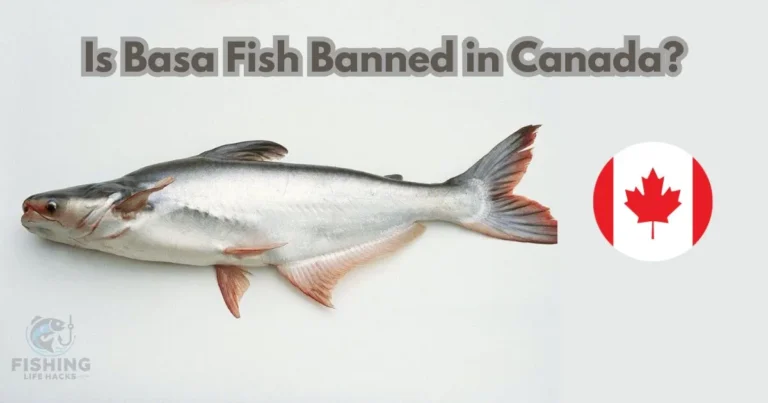What Age Do You Need A Fishing License?
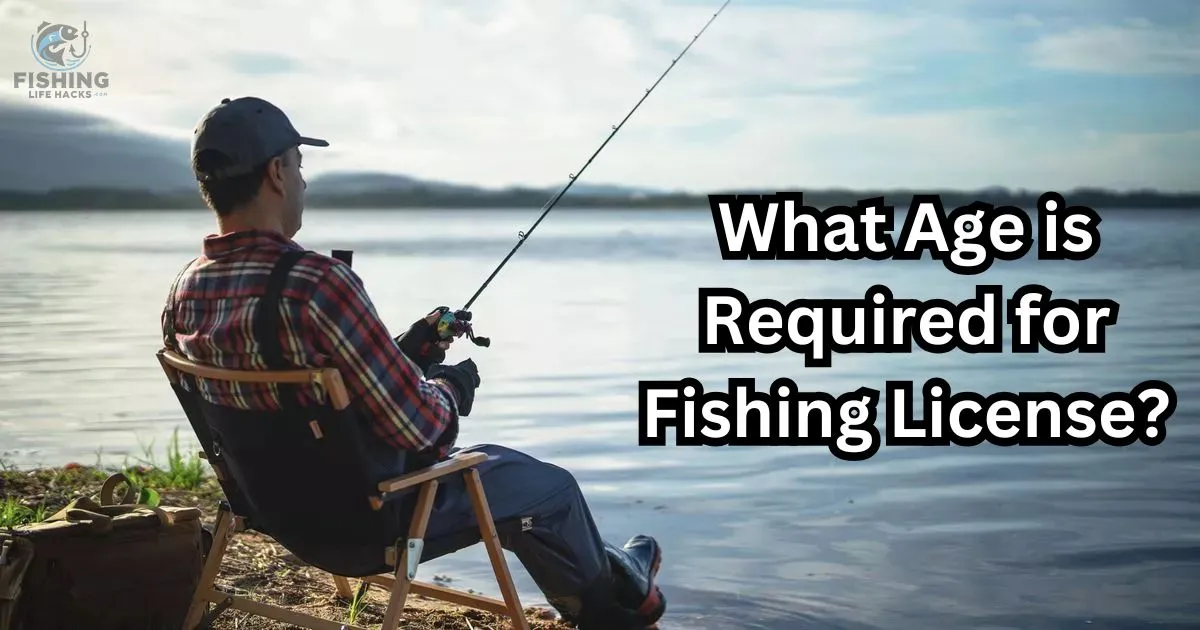
To fish legally in most U.S. states, a fishing license is generally required, but the exact age at which this is mandatory varies depending on local regulations. Most states set the minimum age at 16, but a few start as young as 12, while others don’t require a license until 17 or 18. Here’s an overview of common regulations, exceptions, and what you need to know.
Why Do You Need a Fishing License?
Fishing licenses help states manage fish populations, prevent overfishing, and fund conservation projects. By requiring licenses, states can ensure resources are preserved, benefiting both current and future anglers. The revenue from licenses also funds habitat restoration, educational programs, and enforcement efforts to maintain safe and sustainable fishing environments.
When Do I Need a Fishing License?
In most states, anyone over the age of 16 needs a fishing license. For example, California, New York, and Pennsylvania set this requirement at 16, whereas Texas requires it at 17, and Utah and Washington at 12 and 15, respectively. For non-residents, age requirements can sometimes differ. Some states, like Alaska, charge different license fees based on residency status, meaning non-residents may need a license at a younger age than residents.
Exceptions to Fishing License Requirements
Many states have exceptions for young children, seniors, and military personnel:
- Seniors: Often, residents over a certain age (usually 65 or older) can fish for free or with a reduced-cost license. In states like Florida, seniors don’t need a license at all, while others, like Missouri, provide discounted rates.
- Military: Active-duty military personnel and their dependents may be allowed to fish without a license in some cases, especially if they’re stationed within the state temporarily.
- Free Fishing Days: Most states offer specific days when anyone, regardless of age or residency, can fish without a license. These free fishing days are often in conjunction with conservation or recreational events to encourage more people to try fishing.
What Do You Need to Get a Fishing License?
Getting a fishing license typically involves a quick online application or visit to a local wildlife agency or store. You’ll need identification and may need to provide proof of residency for a local license. Costs vary but generally range from $10 to $50 for a one-day pass or annual license, with discounts for youths and seniors. Some states also offer combination licenses for fishing and hunting.
What Happens If You Don’t Get a Fishing License?
Fishing without a valid license can result in hefty fines and, in severe cases, confiscation of your equipment. Penalties vary by state but can exceed $100, especially if you’re caught repeatedly or violating additional fishing regulations like catch limits or seasonal restrictions. To avoid penalties, ensure you’re up-to-date on state requirements and carry your license whenever fishing.
Frequently Asked Questions
Conclusion:
When a Fishing License is necessary helps protect natural resources while keeping you within the law. The age requirements can vary, so it’s important to check the specific regulations in your state or destination to avoid any legal issues.

